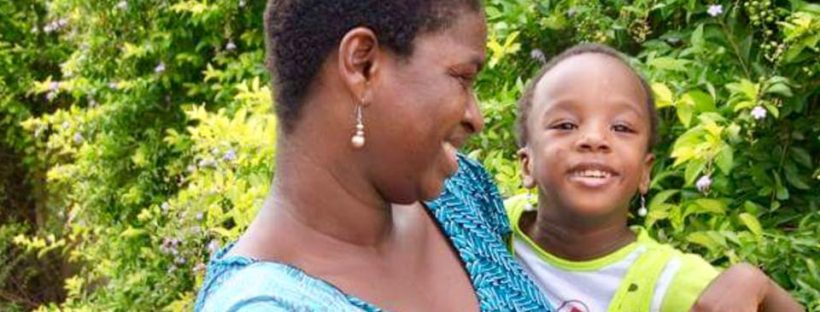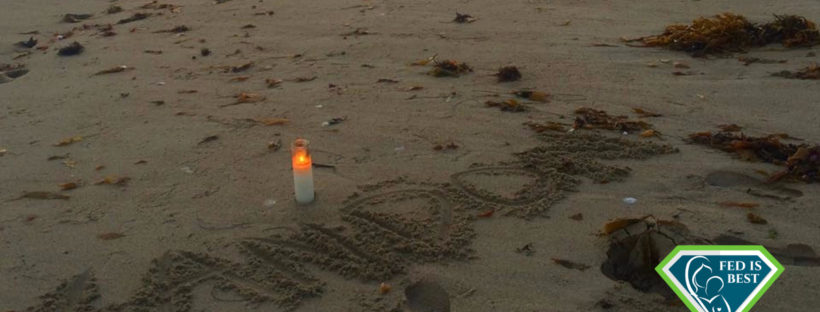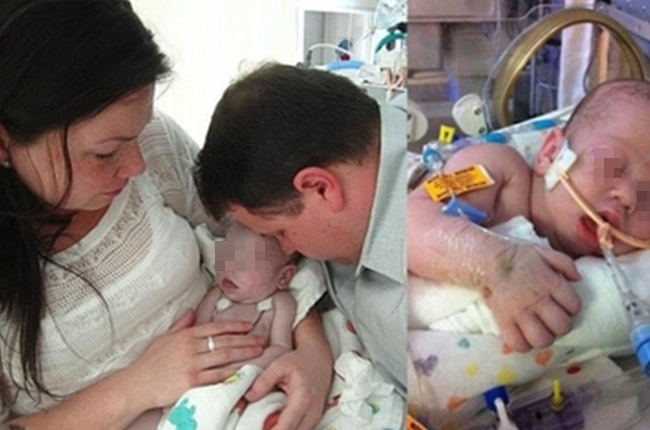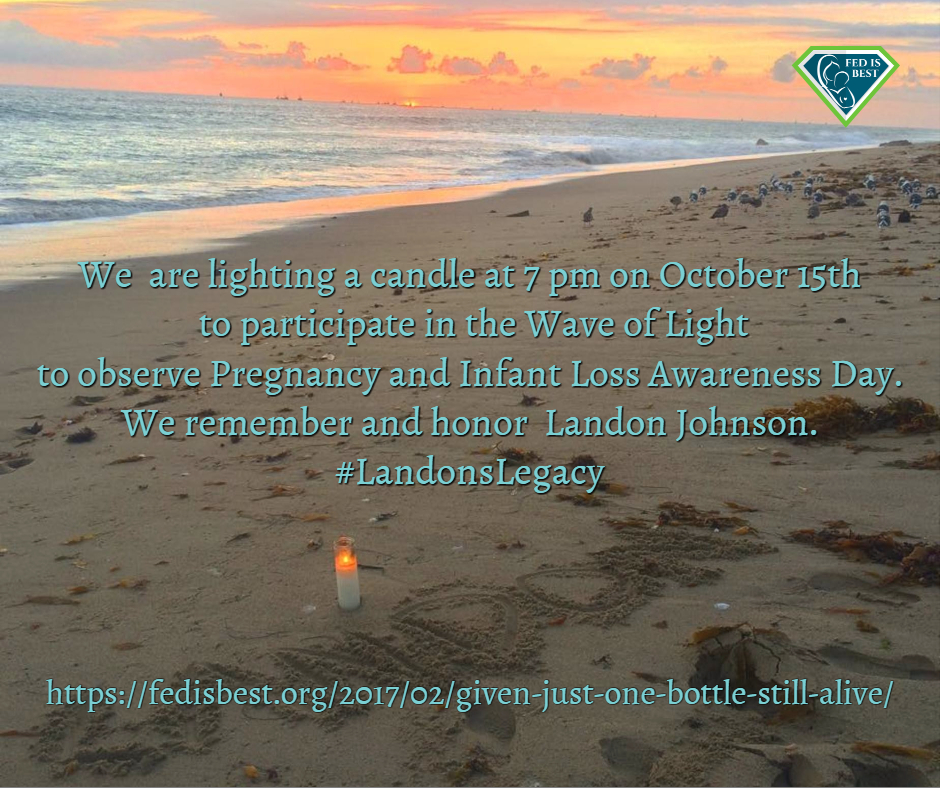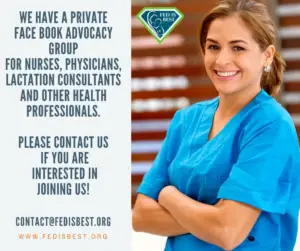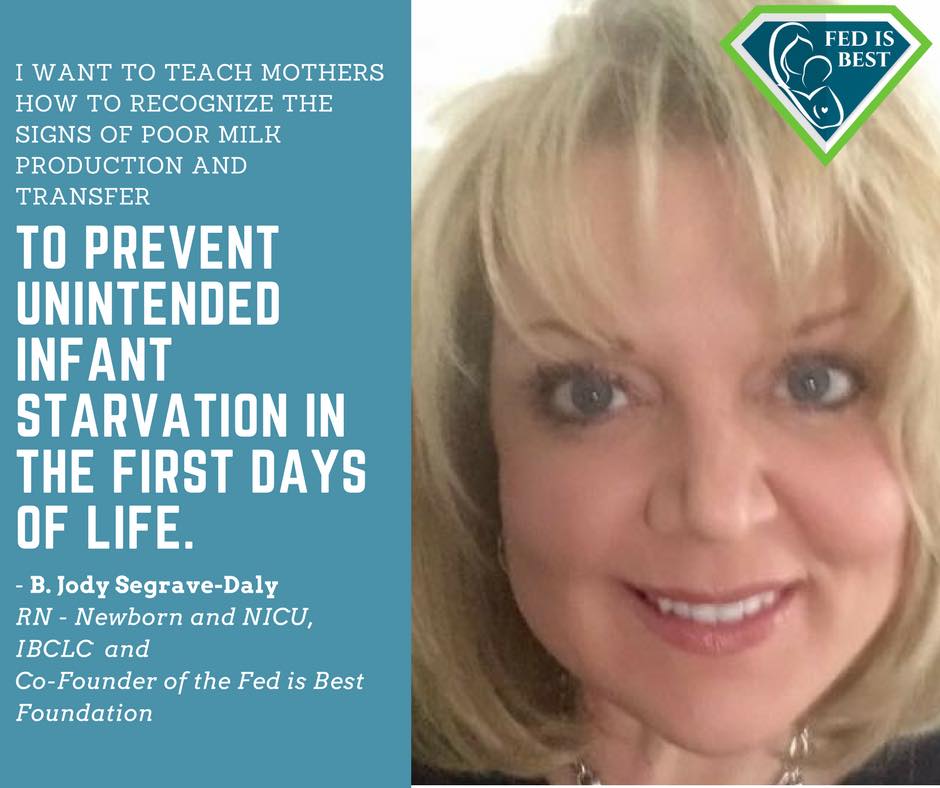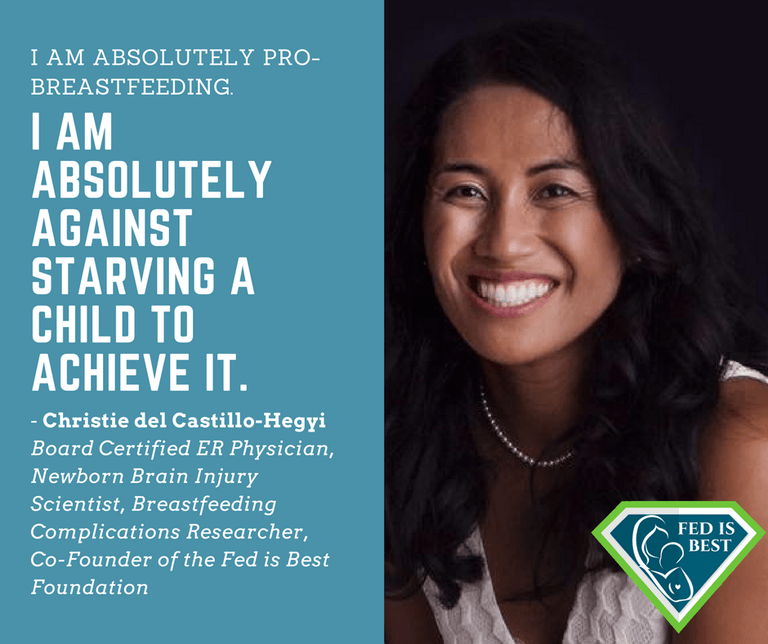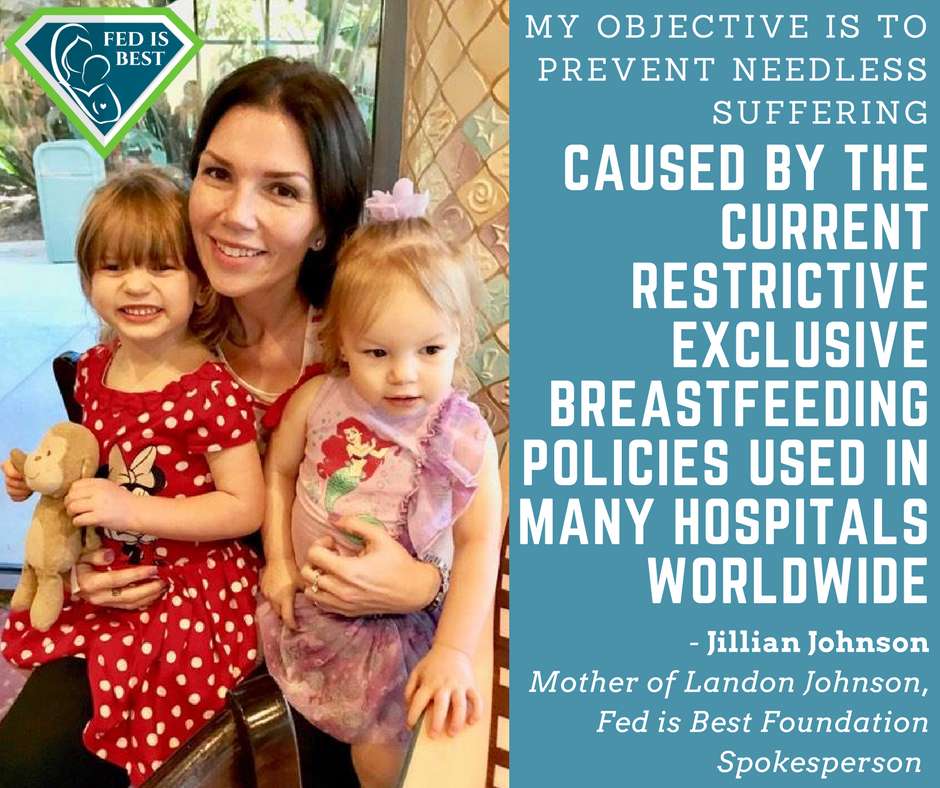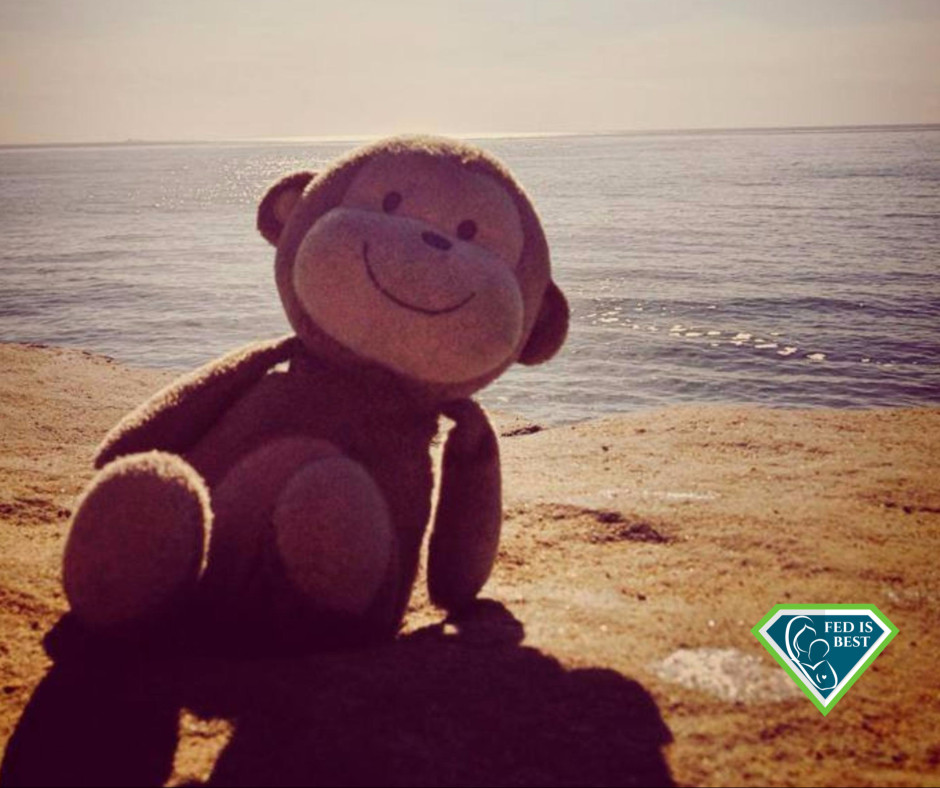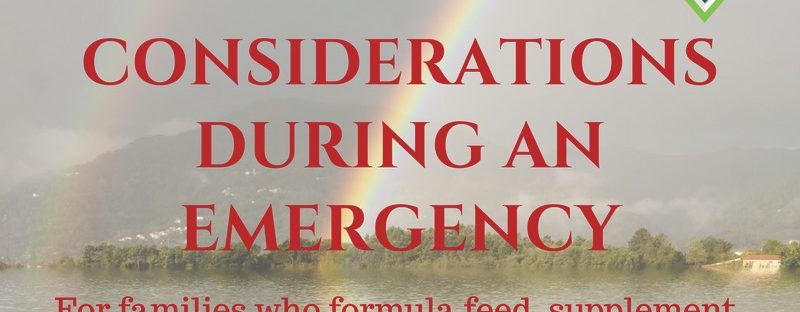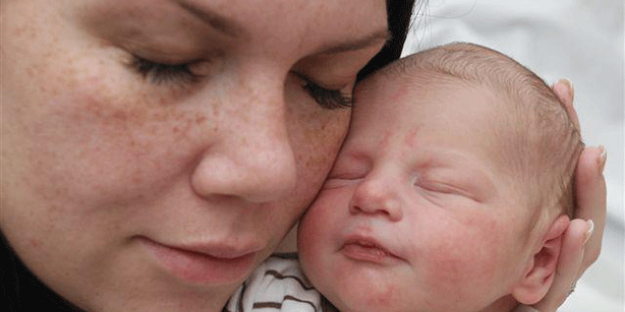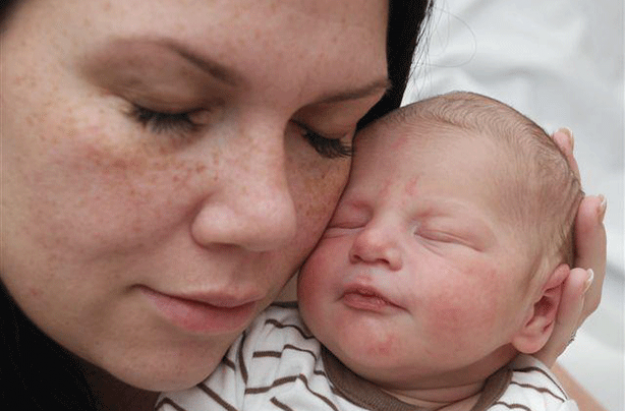From Christie del Castillo-Hegyi, M.D., Co-Founder of the Fed is Best Foundation
The Fed is Best Foundation is reaching its one-year anniversary July 11, 2017. One year ago, we became incorporated as a tax-exempt 501(c)(3) non-profit organization and have made tremendous strides in educating mothers and health professionals on safe infant feeding practices, particularly in the first days of life. We want to celebrate by sharing with you the progress we have made in our first year.
Our Facebook Following
In one year, we increased our Facebook audience by over 258,000 and we are growing by 2000 to 10,000 followers every week.

The FedisBest.org Website
The FedisBest.org has been viewed over 4 million times over the past year since its creation.
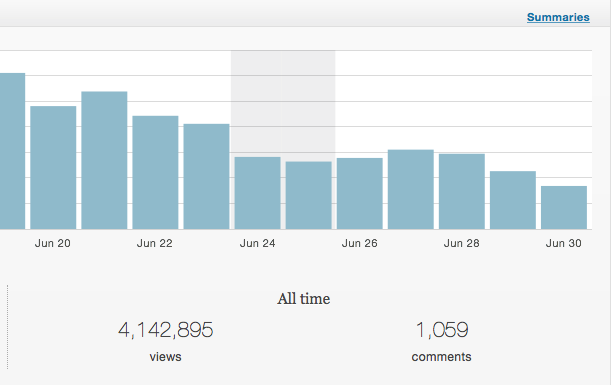
The Fed is Best Foundation Advocates, Volunteers, health Professionals and Patient Advocates Grows
We have grown as an organization and currently have Fed is Best advocates, volunteers, nurses, physicians, other health professionals and attorneys that make up the core of the Fed is Best Foundation advocacy efforts. Fed is Best Foundation Advisors and Volunteers keep the foundation running with on-going advocacy, parent support, literature review, outreach to health organizations and production of educational material for parents and health professionals. Meet the Founders of the Fed is Best Foundation and our core advisors!
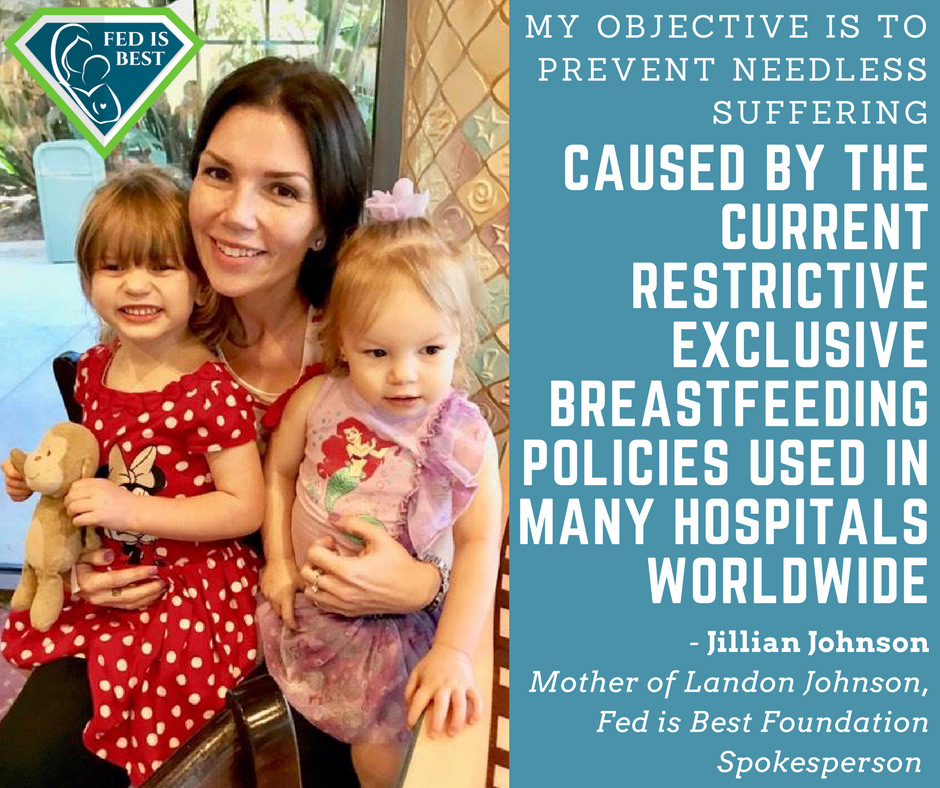
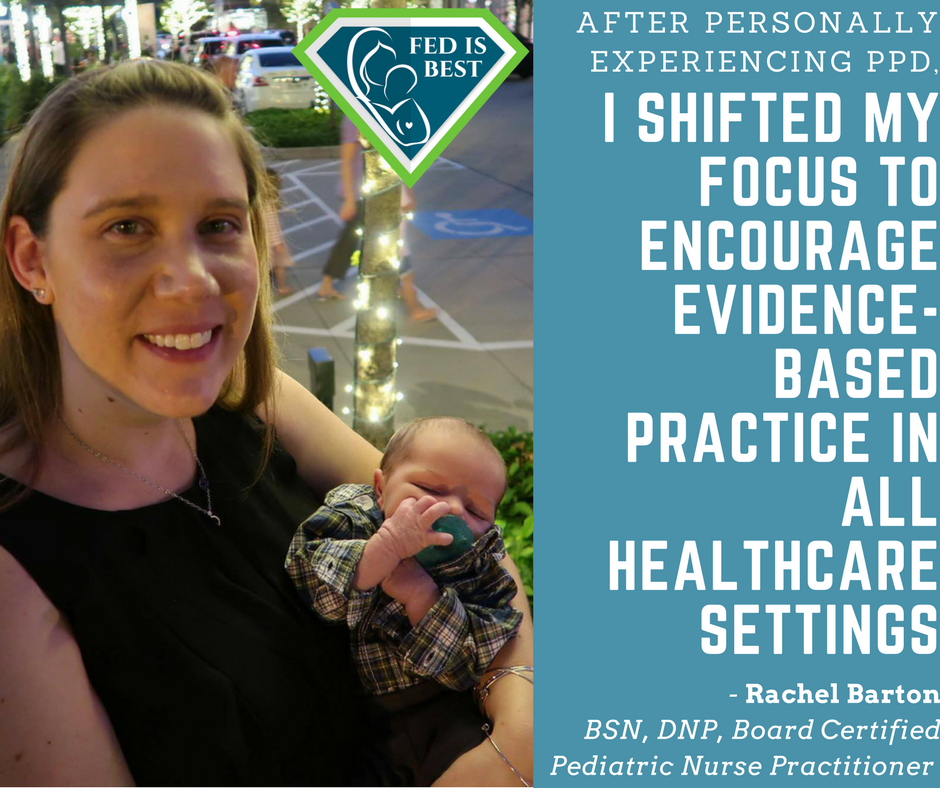
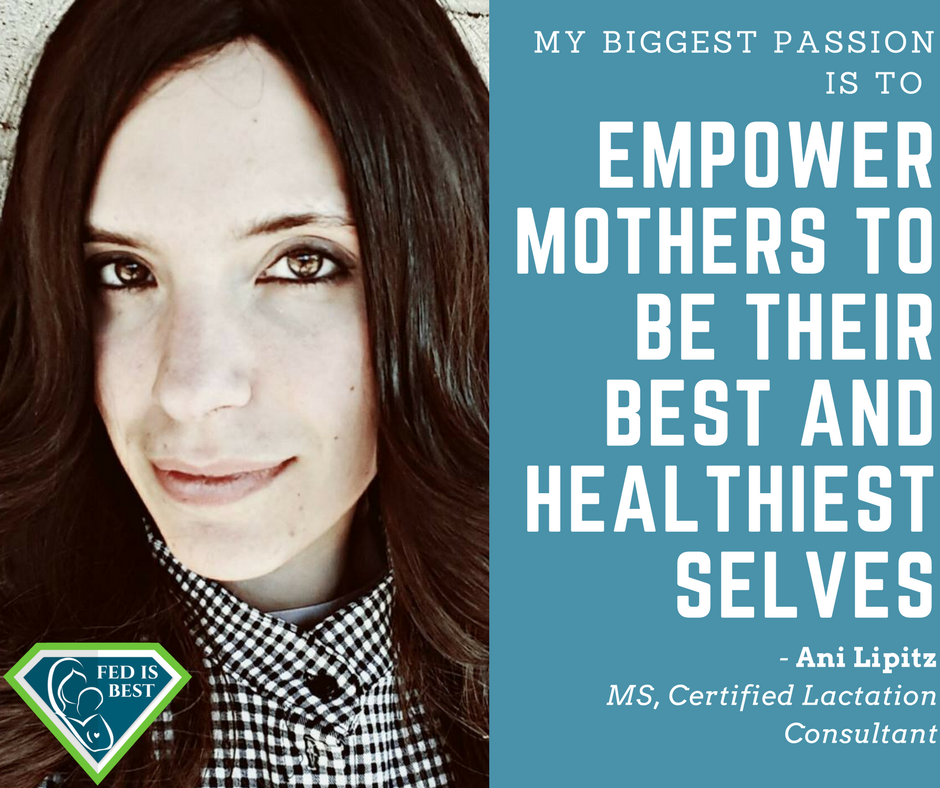
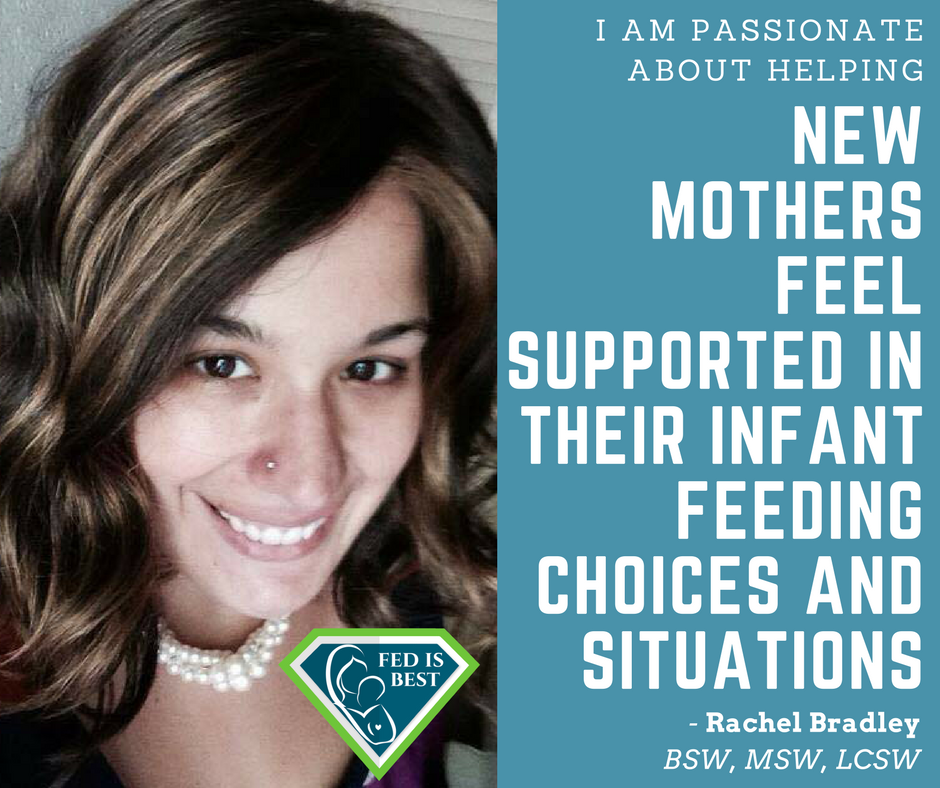
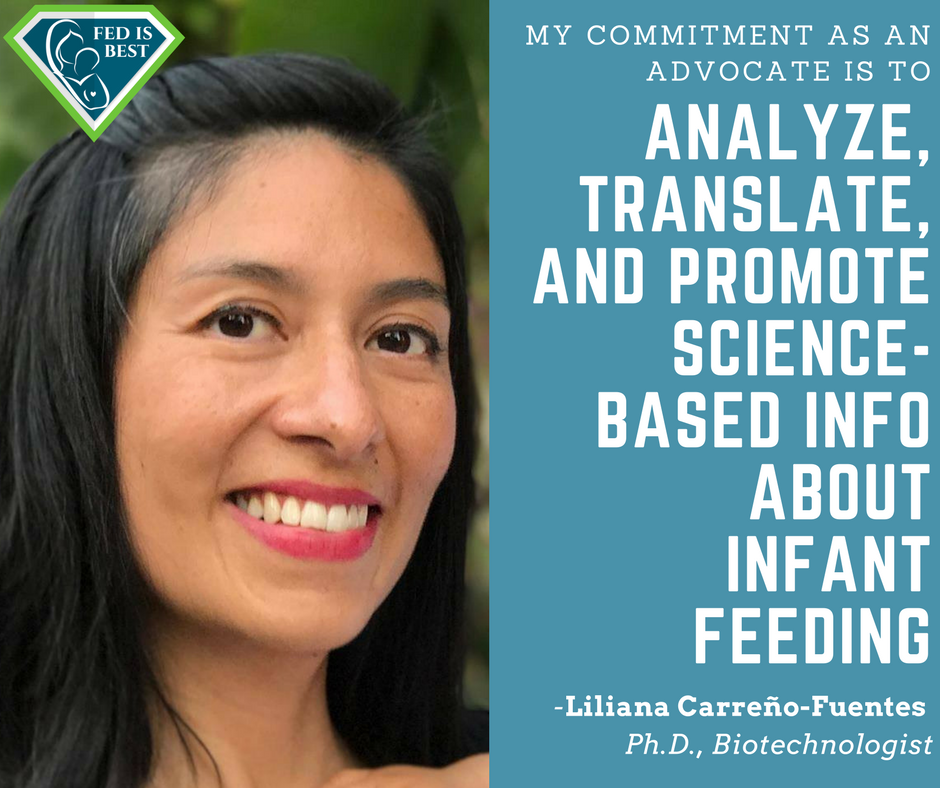
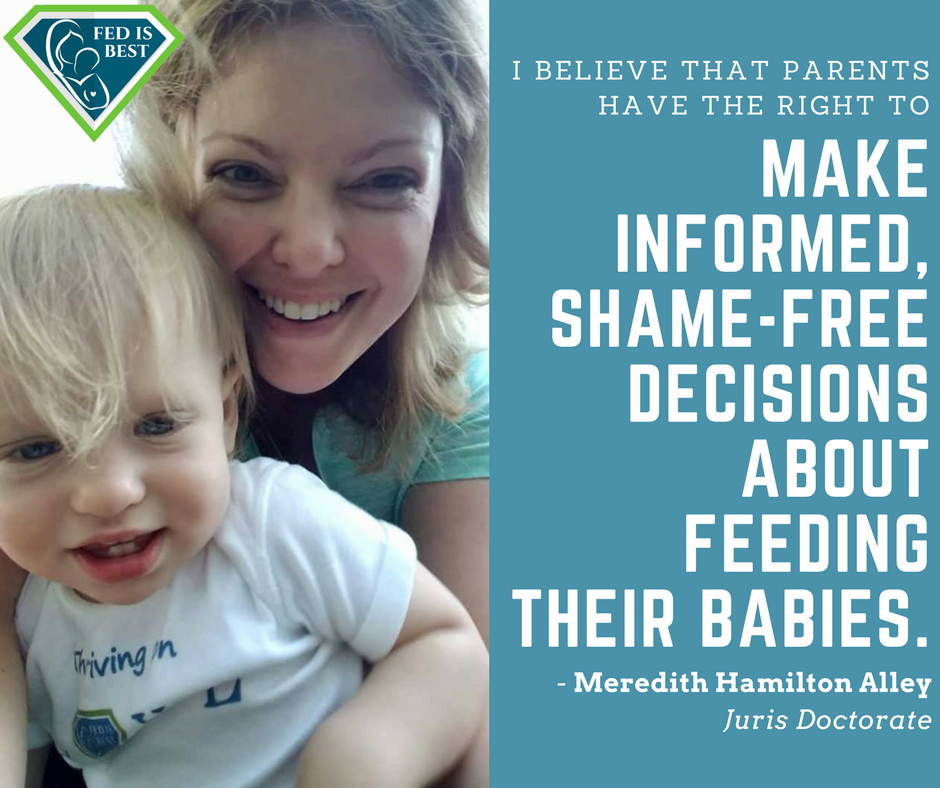

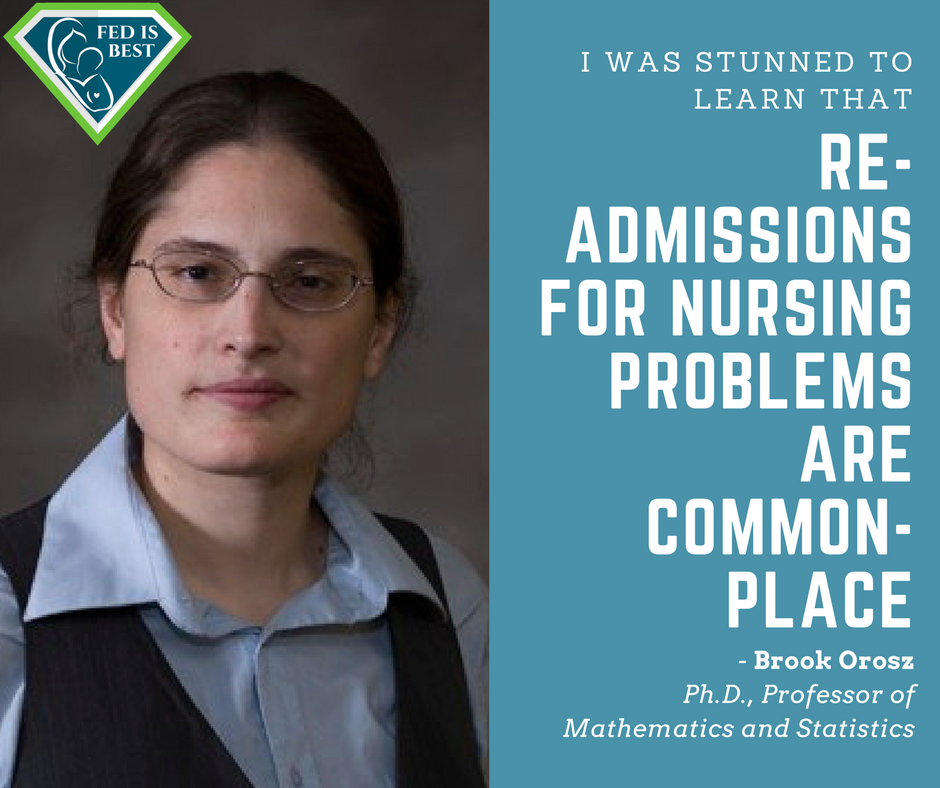

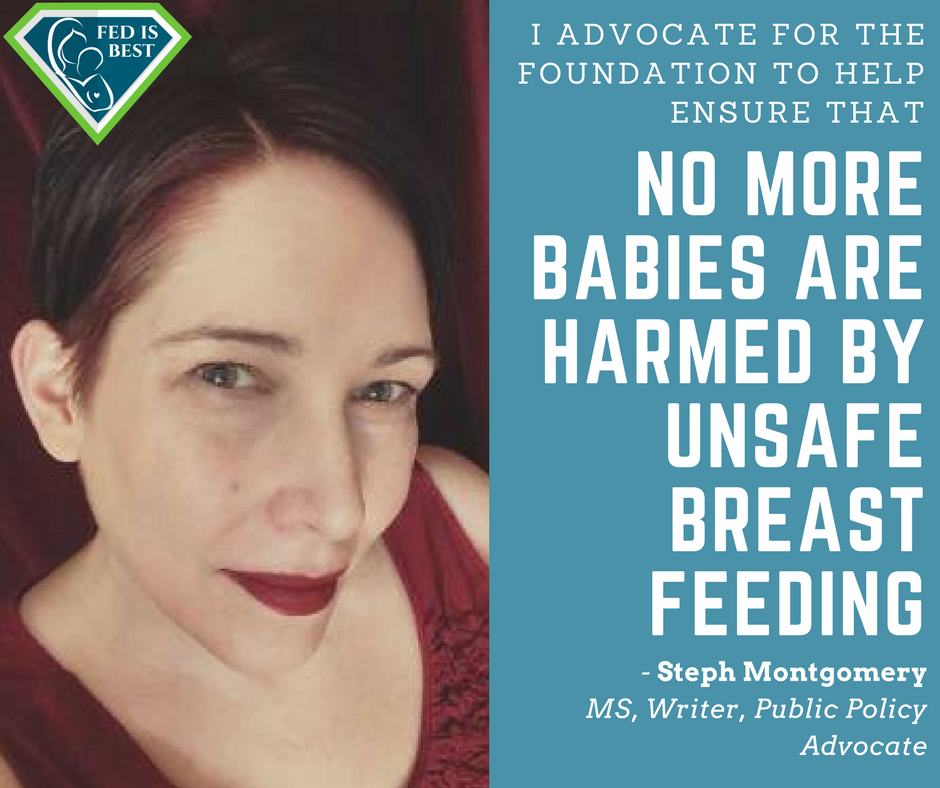

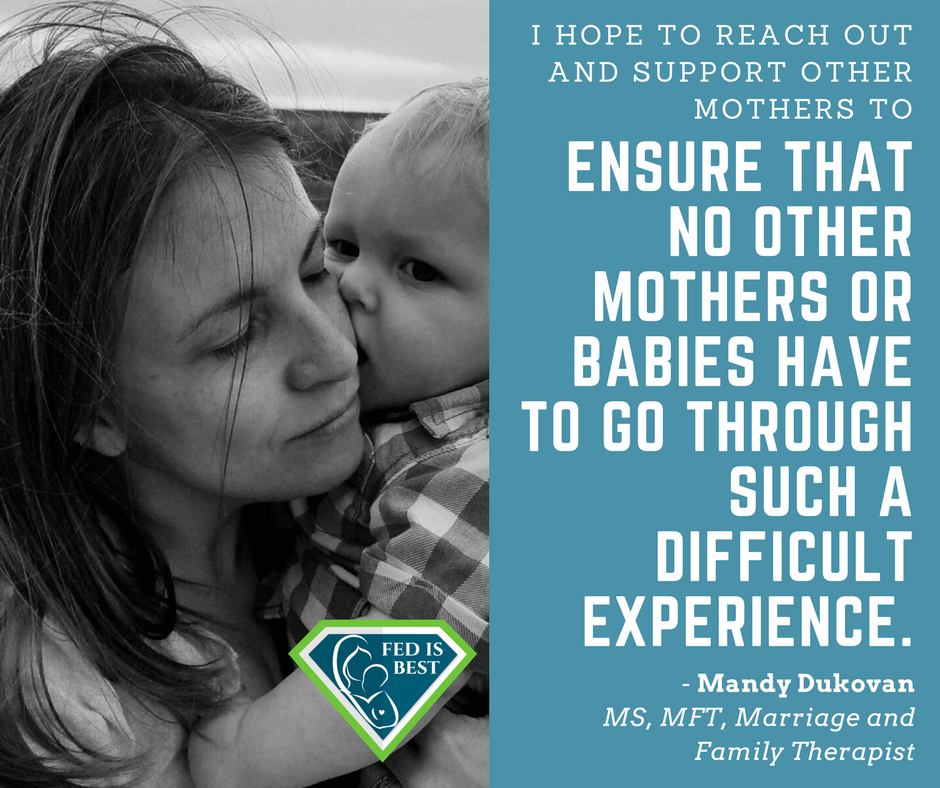
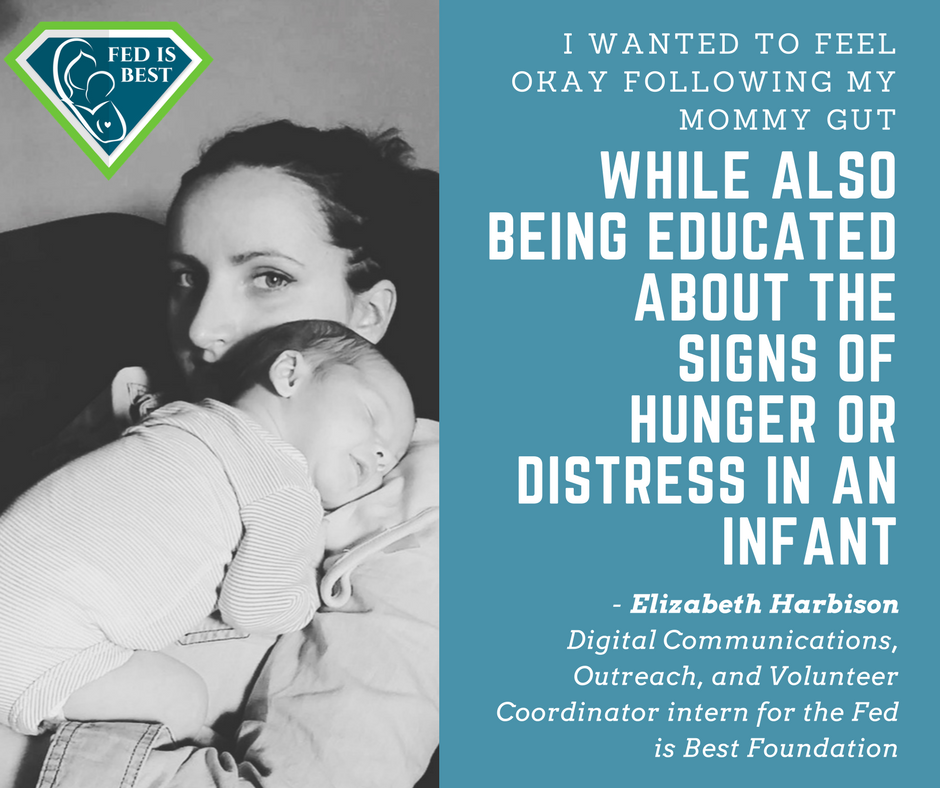
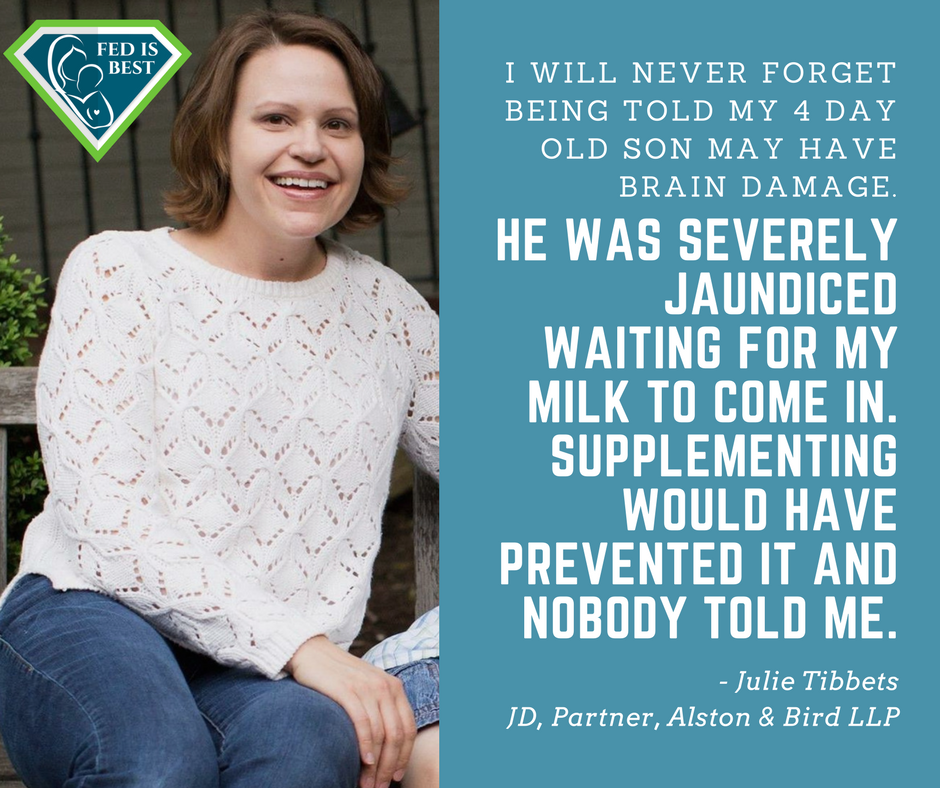
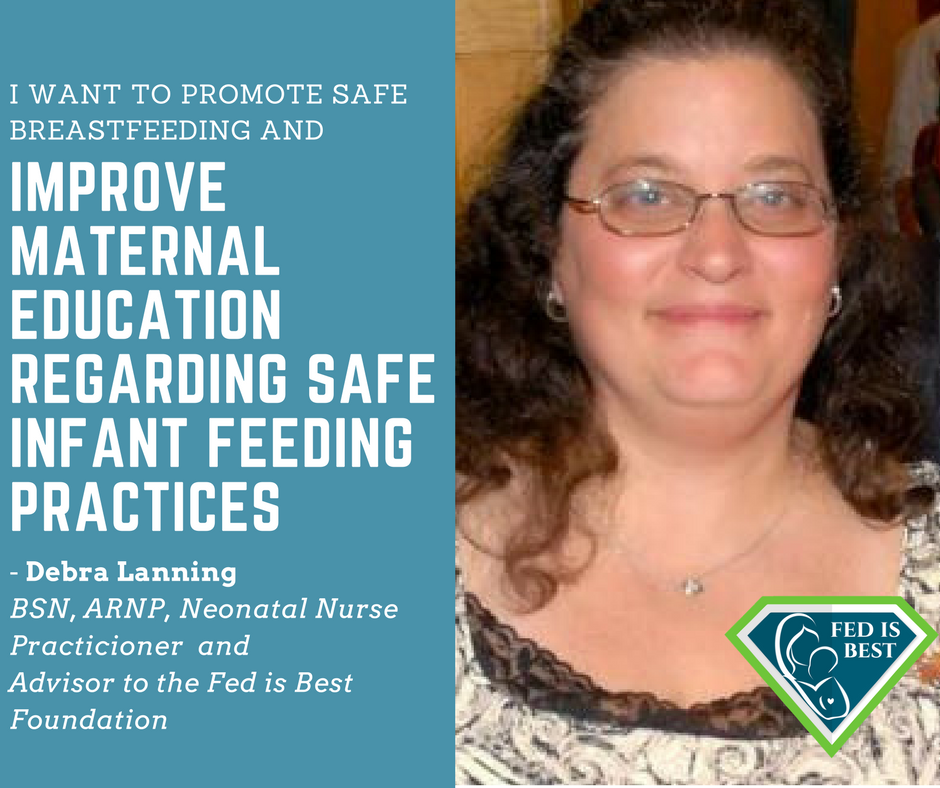
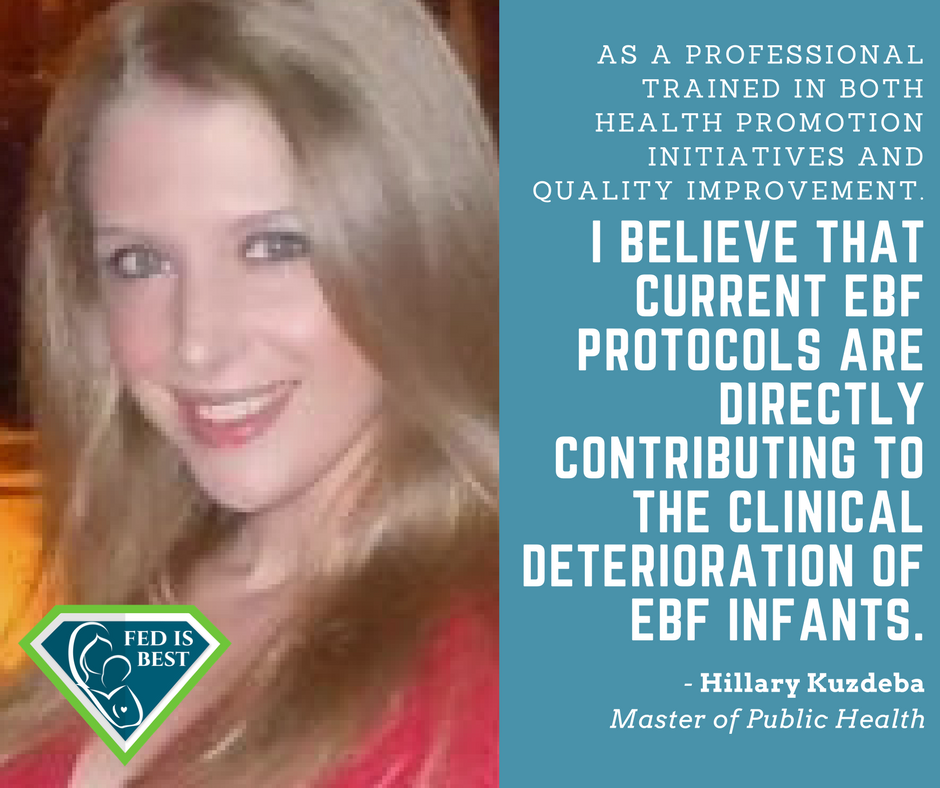
The Fed is Best Parent Support Groups on Facebook
We have expanded our parent support network by opening up the Fed is Best Foundation Parent Support Group on Facebook and have added sister Fed is Best groups including Fed is Best U.K. and Fed is Best Canada with more groups on the way.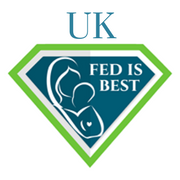
Raising Awareness on Failure to thrive in Breastfed Babies
We raised awareness of the dangers of failure to thrive and reached an international audience with the following post from one of our advisors and advocates. “Accidentally starving my baby broke my heart, but made me want to help other moms.”
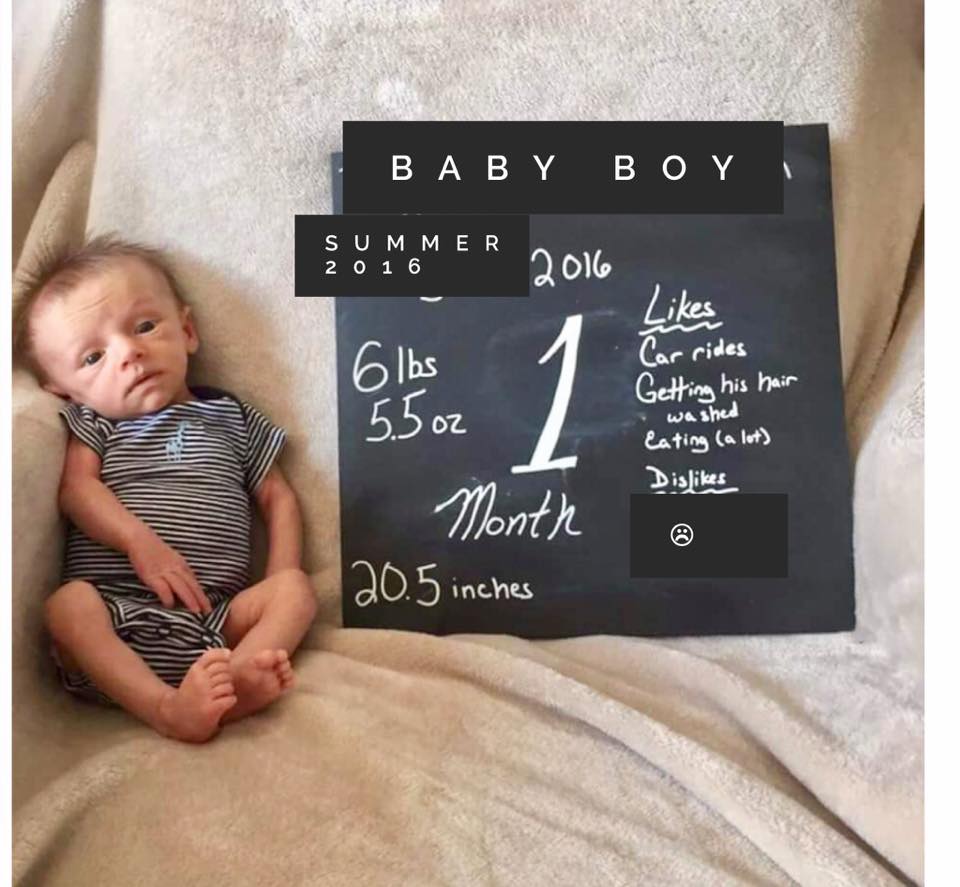
Fed is Best Gains International Media Attention
The Fed is Best Foundation and the #FedisBest movement has been covered by 86 different news articles across the globe including Forbes.com, the Washington Post, the BBC, CBS News, Slate Magazine, People.com, CNN, CBC News in Canada, Marie Claire, Grounded Parents, Romper, the New York Post and Huffington Post. We have been covered by Spanish, Chinese, Portuguese, Bosnian, Dutch, Indonesian and Polish news outlets. All these articles have been posted on the Fed is Best In the Media page.
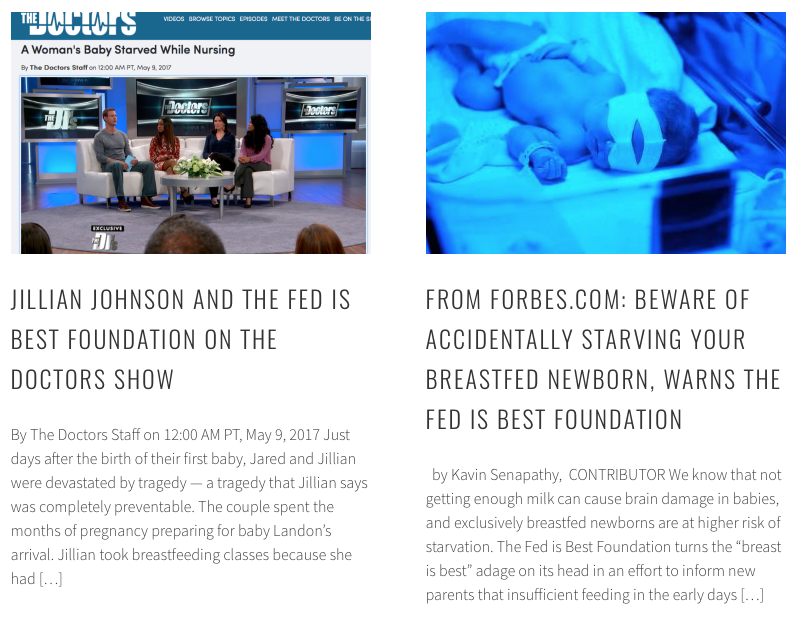
The Fed is Best Message Reaches Moms All over the World
We have published our key campaign letters and stories in Spanish, Chinese, Japanese and Korean. Our campaign has reached millions, particularly in the Spanish speaking world.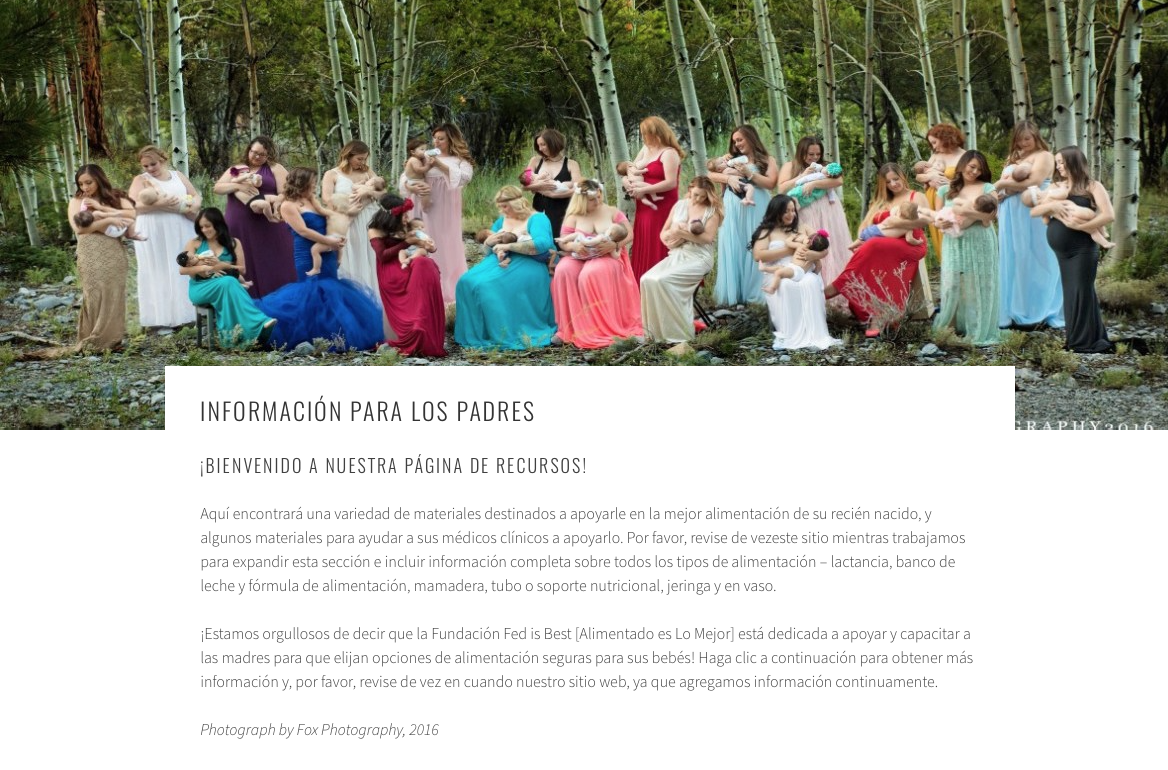
Fed is Best and the Johnson Family Raise Awareness on the Dangers of Accidental Infant STarvation and REach millions Across the Globe
We reached millions of mothers and health professionals by making them aware of the dangers of the accidental starvation of newborns by sharing a blog written by Jillian Johnson, about the accidental death of her son Landon who was born in a Baby-Friendly hospital.
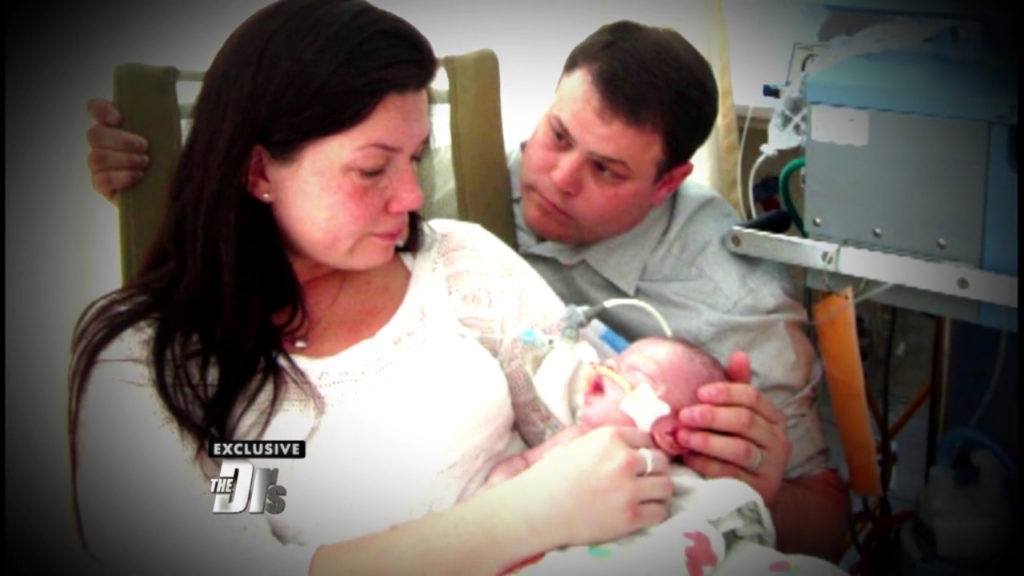
Jillian Johnson and Dr. Christie del Castillo-Hegyi are Interviewed on the Doctors Show
Jillian Johnson and Dr. Christie del Castillo-Hegyi were invited to an interview on the Doctors Show where we were able to tell our personal stories and send out a message to millions of viewers about the importance of knowing the signs of infant starvation and of timely supplementation to prevent newborn injury and death.
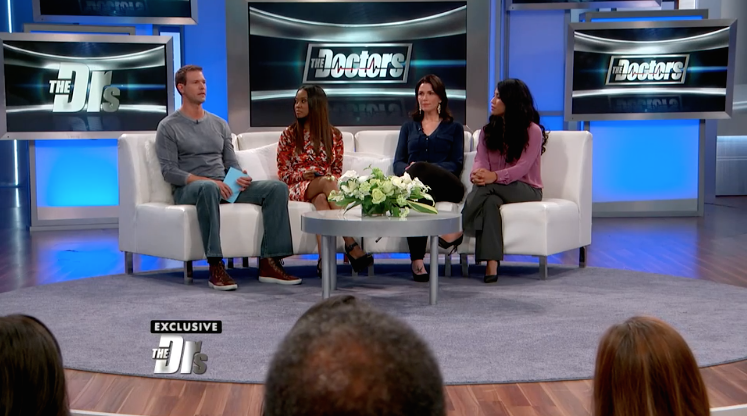
Dr. Christie del Castillo-Hegyi Presents Her REsearch on Accidental Infant Starvation at the First Coast Neonatal Symposium in Jacksonville, Florida on April 24, 2017
Dr. Christie del Castillo-Hegyi was invited to speak at the First Coast Neonatal Symposium for the University of Florida in Jacksonville where she spoke about the “Danger of Insufficient Breastfeeding” to a conference on neonatal health professionals .
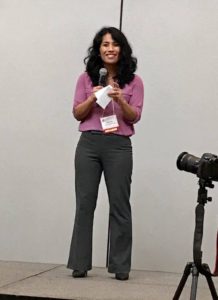
Speaking at the First Coast Neonatal Symposium for the University of Florida, Jacksonville, April 24, 2017
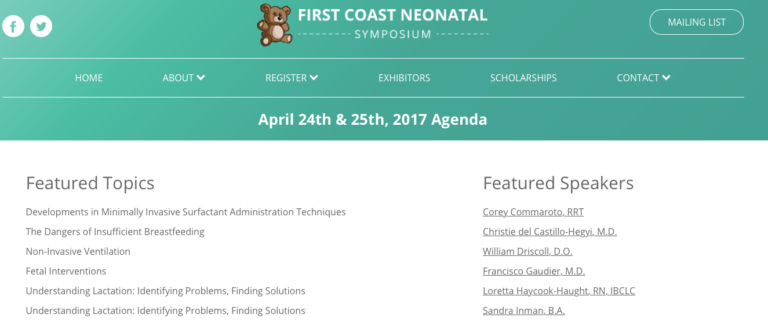
The Fed is Best Parent Resource Page
We have expanded our Parent Resource Page by leaps and bounds making it a comprehensive parent and clinician guide for honest, evidence-based safe infant feeding education and support. It includes the Fed is Best Feeding Plan, a guide to preventing feeding complications in breastfed newborns, the Fed is Best weighing protocol, links to instructional videos on achieving a good breastfeeding latch, manual expression of breast milk, guides to knowing when a breastfed infant needs immediate evaluation, guides to supplementing breastfed newborns, formula feeding, power pumping and many more. If you have not visited it lately, please come and check out all the new resources we have added.
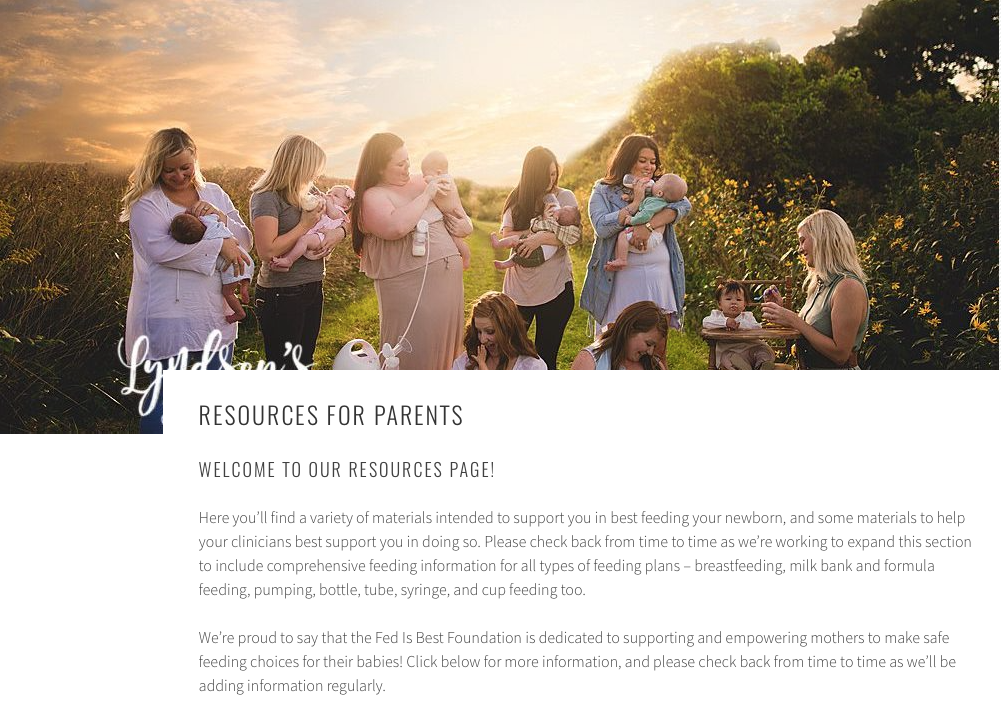
Fed is Best Continues to Share Stories from Mothers
We have received thousands of accidental starvation stories and continue to post these stories on our FedisBest.org blog.
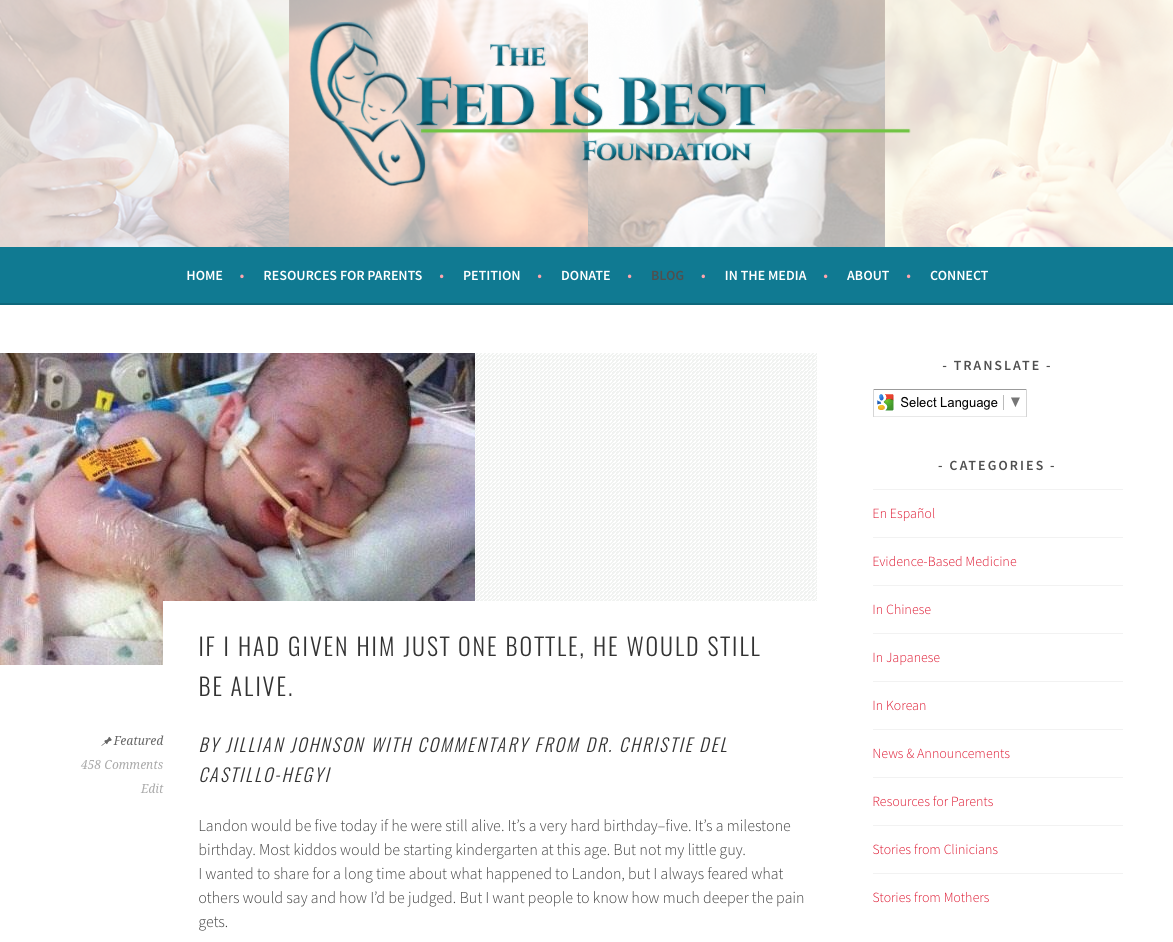
The Fed is Best Obstetric health Provider Writing Campaign
We have launched a letter writing campaign to reach all obstetric-gynecologists, family practitioners, midwives and other obstetric care providers to ask them to counsel their mothers on the importance prioritizing the health and safety of their newborn babies over exclusivity in breastfeeding.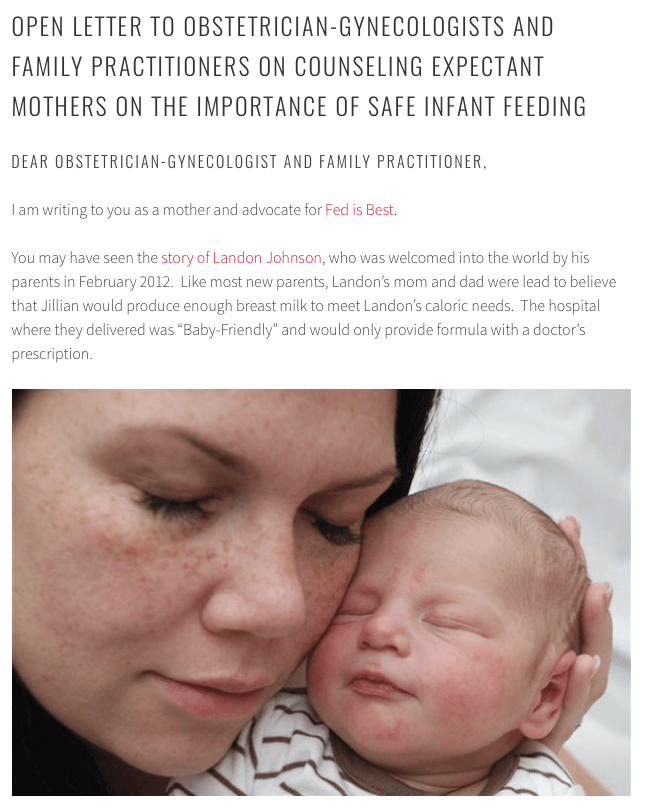
Advocating for National Policy Changes in Infant feeding
We gained the amazing addition of Julie Tibbets, Attorney and Partner at Alston & Bird in Washington, DC who is helping us reach out to prominent health organizations to change the infant feeding guidelines and make them safe for every newborn and infant. Together, we will make national change in infant feeding so that no child should ever be injured by accidental starvation and that no mother be uninformed of the risks of insufficient feeding to her child.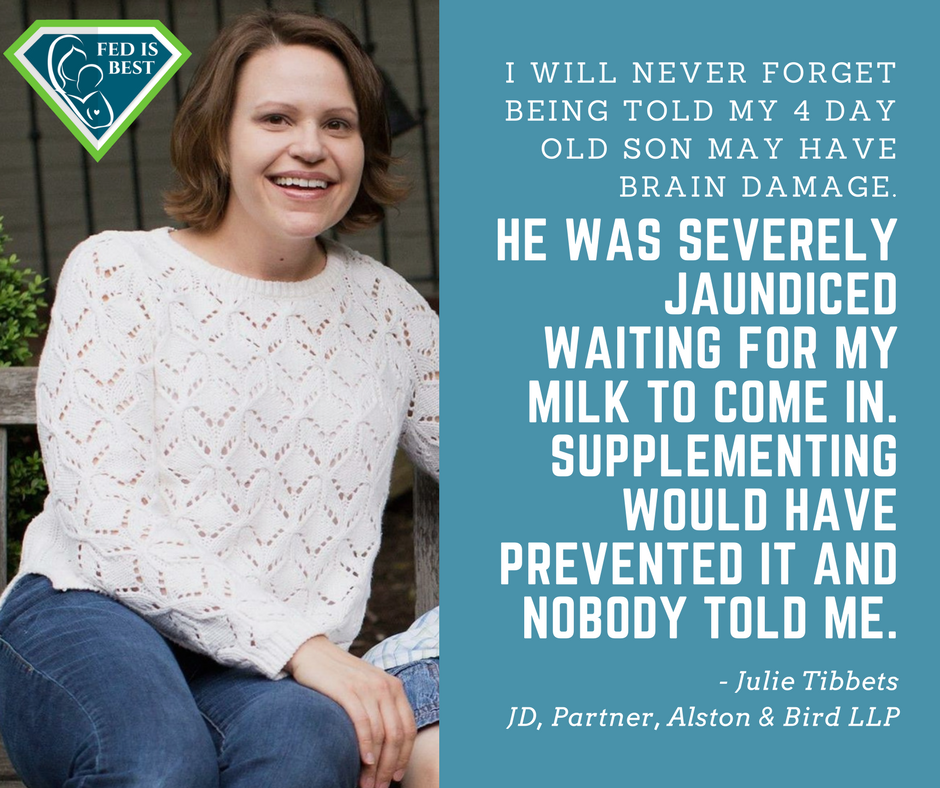
Informing Hospitals of the Risks of Accidental Infant Starvation and the Dangers of Strict Breastfeeding Policies
We have launched our effort to reach hospital CEOs and health organizations to make them aware of safe-infant feeding and the dangers of accidental infant starvation from strict breastfeeding-only protocols.
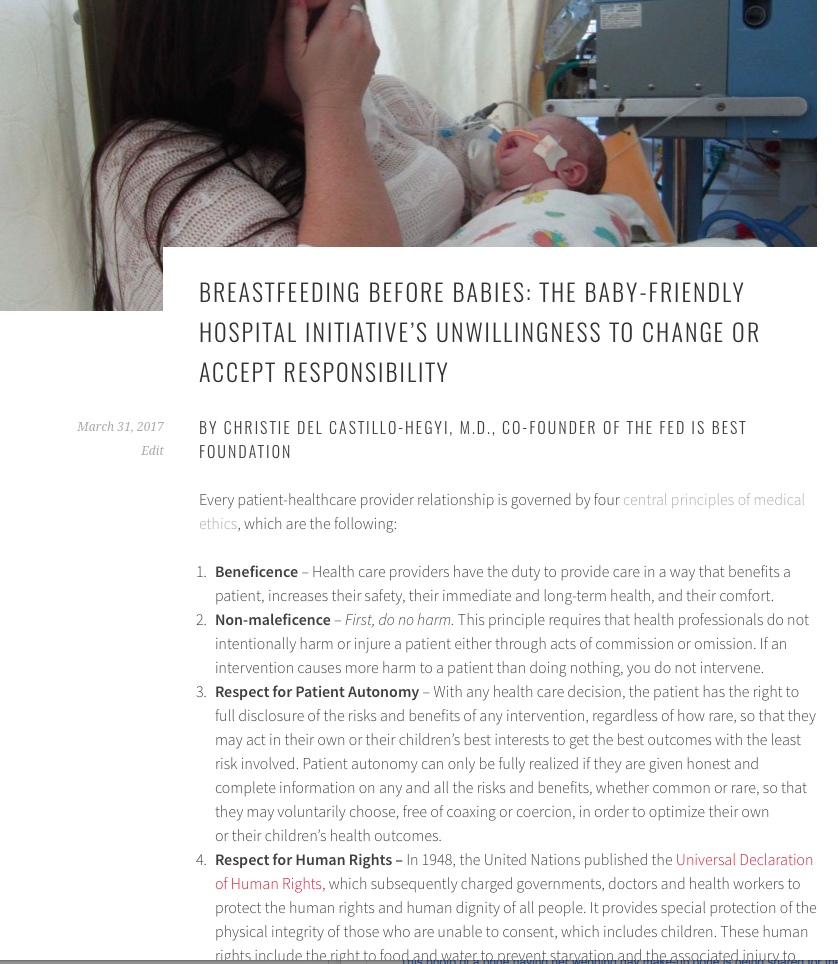
Jody Segrave-Daly’s Daily Support of Mothers and Babies
I want to take this opportunity to highlight the tireless commitment of my Co-Founder, Jody Segrave-Daly, who lives the mission of the Fed is Best Foundation in her daily work as an Infant Feeding Specialist and Lactation Consultant. She uses her 30+ years of experience as a newborn nursery/NICU nurse and IBCLC and cares for moms and babies, especially those who have experienced feeding complications and accidental starvation on a weekly basis. Not only does she witness the suffering of the mothers and babies who experience these breastfeeding tragedies in her clinical work, but she also supports mothers through social media, email and our parent support group. I could not do this without her.
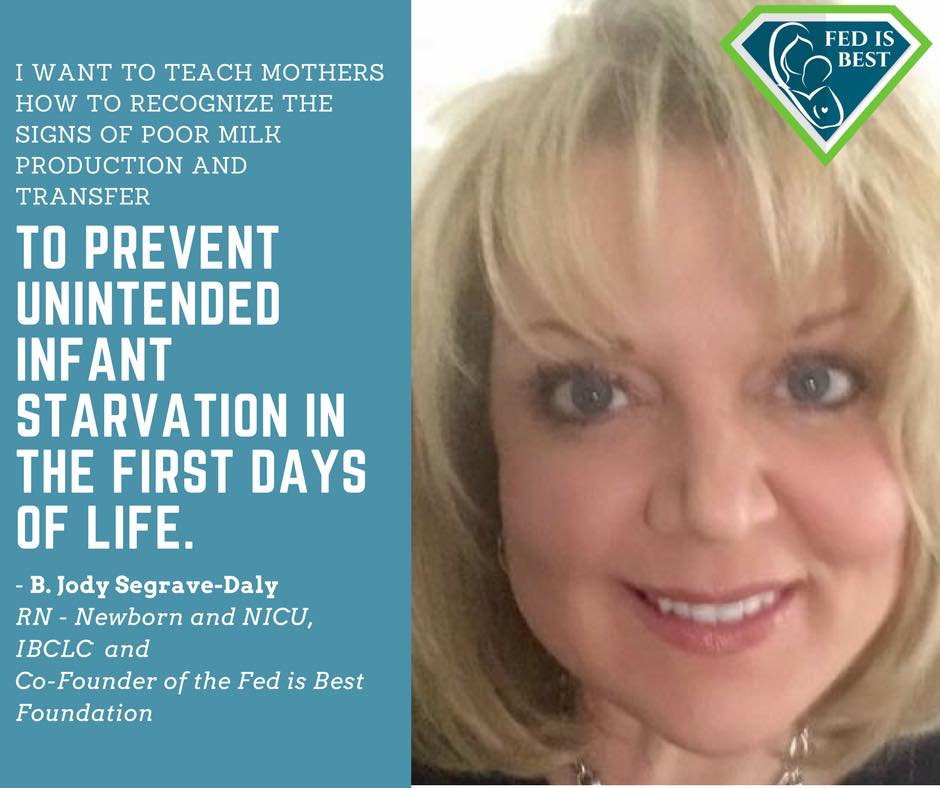
Finally, Our Biggest accomplishment are the babies Our Outreach has saved from Feeding Complications
While we can’t estimate the number of babies whom we have saved from feeding complications by teaching their mothers the signs of hunger/feeding complications and by supporting their mothers to proudly and confidently supplement to protect their life and brain, we have gotten many messages from appreciative mothers who have thanked us for helping them keep their babies safely-fed, happy and thriving. We have received messages of gratitude for saving their babies’ lives and for saving them from needless suffering and hospitalization. Here are some of a few…
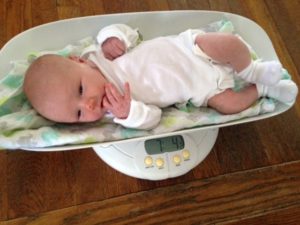
Alison’s baby was supplemented when she began to cry and show signs of hunger in the first days of life. She is currently exclusively breastfed.

“If I had not found the Fed Is Best Foundation’s information and private support group, I may not be holding my sweet baby today.” — From a Fed is Best Mom and Supporter
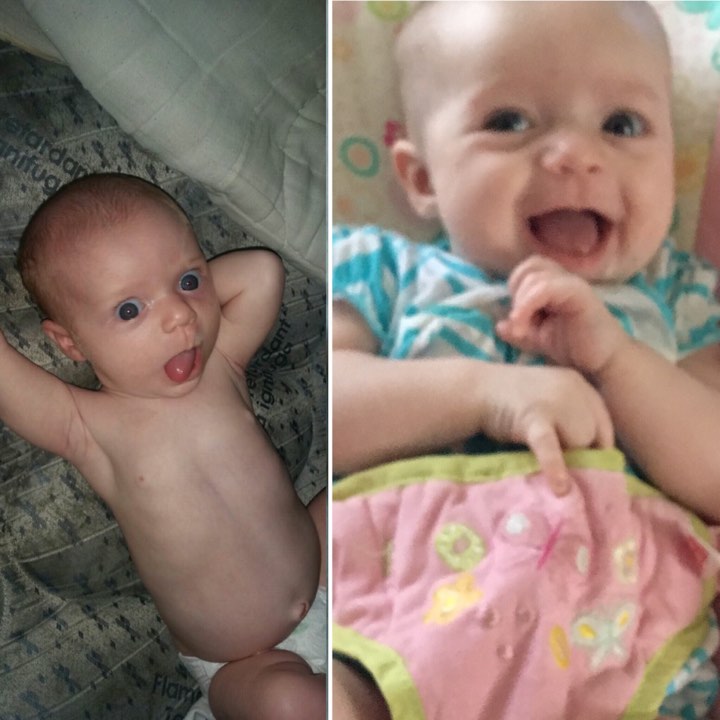
From Bethany: The Fed is Best Foundation Support Group saved my sanity and more importantly my daughter. I felt the pressure to breastfeed from the beginning and it did start out nicely and she was over her birth weight by the first week! But that was where it stopped. I had to go to the hospital with my little one and was so distraught over the idea of needing formula because it wasn’t “best!” The foundation support group helped me realize that what is best for each baby is what works for each child individually! In just over a month you can clearly see a difference ?
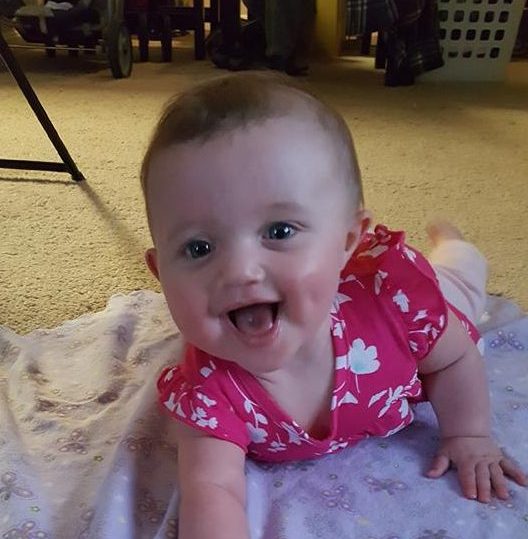
From Liz: I’m really grateful that Fed is Best supported my decision to formula feed my baby because that was what was best for us. I’m also glad for all the resources because I was able to help my friend, who had her baby 8 weeks after mine was born, to feel confident in her decision to combo-feed. Parenting is hard enough, it just makes sense to support parents rather than judge them.
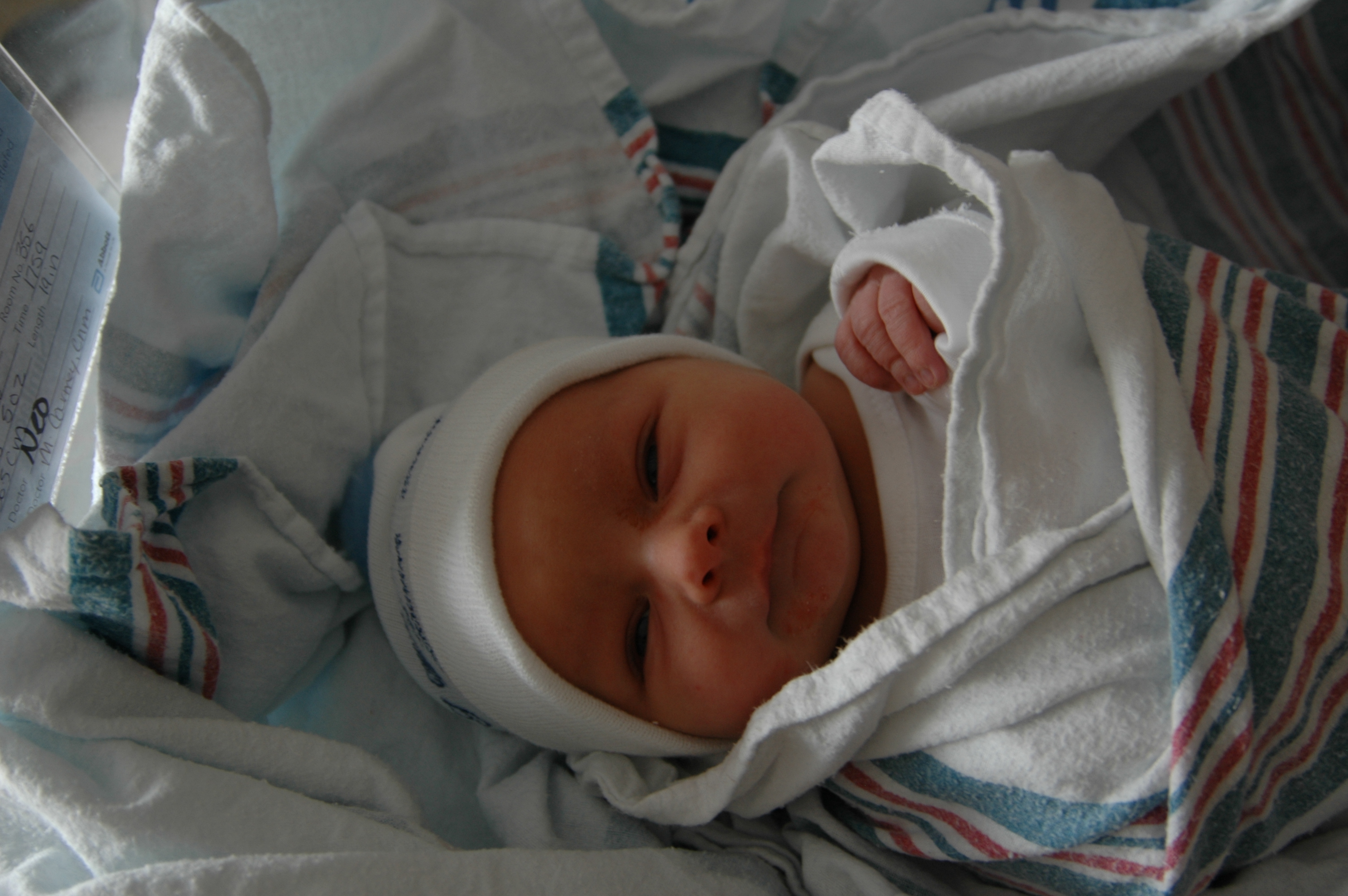
From Jessica Hickey, MS, OTR/L: The light at the end of the tunnel was being referred to your website by my husband’s aunt. With tears streaming down my face I sat and watched one of your presentations on infant feeding on YouTube and finally found the information I had been seeking. There was nothing wrong with me, I just didn’t have enough milk for my baby like the 20-40% of other first time mothers. I was completely normal! I cried again when I read about what could have happened to my son had I chosen not to supplement so early on, or if I had waited, blindly believing all the incorrect information that I had read that all mothers have enough milk for their babies.

“Thanks to the Fed is Best Foundation, I had the support to pump for my preemie twins the moment they were born, for seven weeks, which was one week longer than my goal. They are now exclusively formula fed and thriving.” — A Fed is Best Mom
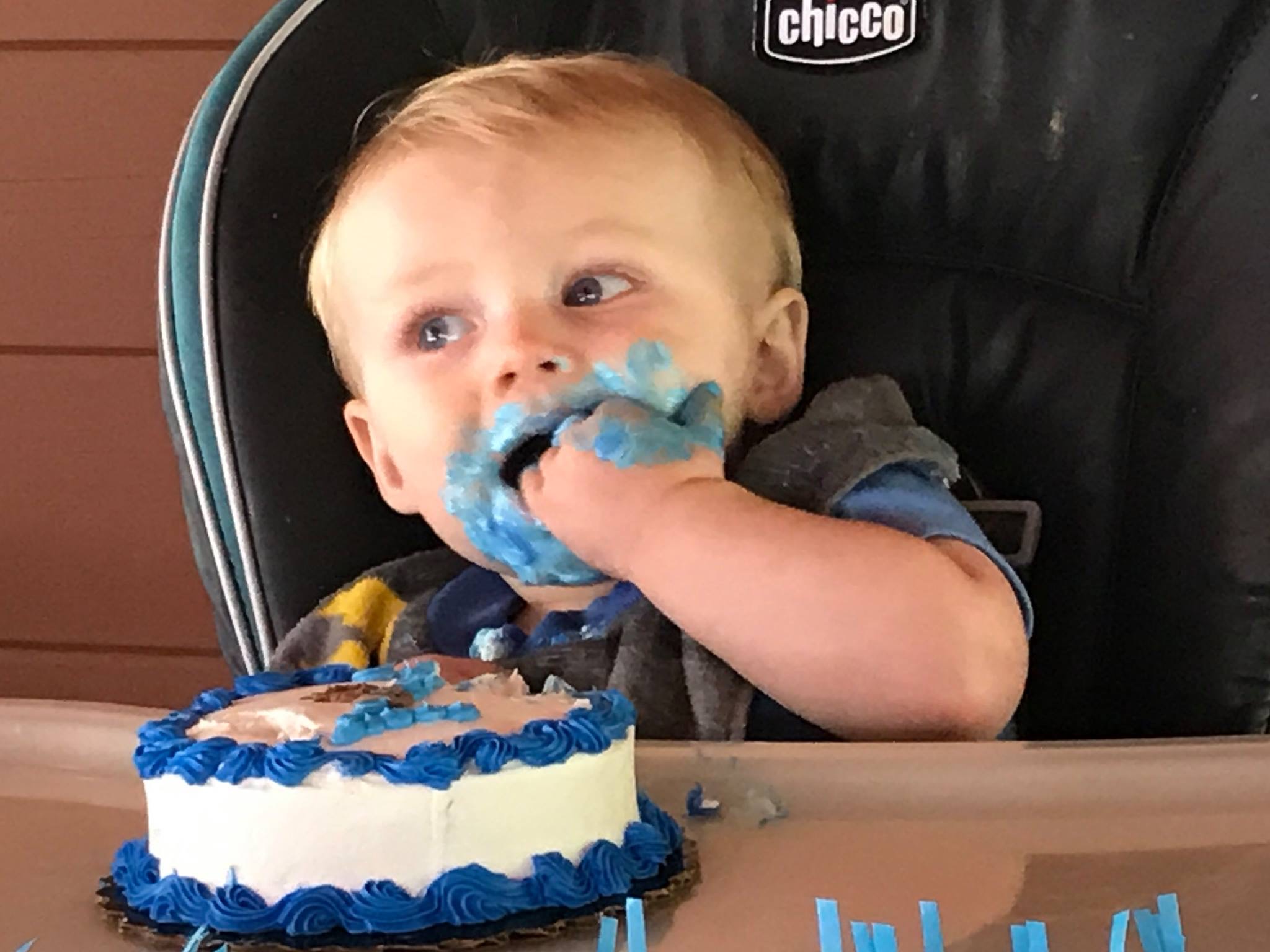
From Mandy Dukovan (I may be crying): It’s incredibly hard to put into words all the things this foundation has done for me over the last 10 months. When I happened to stumble upon FIB, I was a first time mom, who was struggling with so many different feelings and wasn’t sure who or where to turn. My son was 2 months at the time, and was just beginning to thrive, thanks to supplementing with formula. While I was so happy to see my baby finally gaining weight and thriving, I had so many other emotions I was struggling to sort out. I had immense feelings of guilt that I didn’t see the signs that my baby was hungry, constantly. I was embarrassed that I could look at his 1 month picture and now see that he was obviously malnourished, but how on earth did I miss this at the time? I was angry that I didn’t follow my instincts that something was wrong with him and why did I buy into all the terrible things I was told would happen if I gave him formula. I had this image in my head of all the horrible things that would happen to him, such as him being obese, if I gave him formula, at the same time missing the fact that he was underweight and not getting the nourishment and nutrients that he so desperately needed. And I worried that we would not have the kind of bond that babies who were EBF experienced with their mothers. I now know that our bond is so much stronger because we bottle fed him and no longer experienced the immense stress that came each time I tried to breast feed my baby. I got to a point where I dreaded even trying to breast feed him, but I was told that was the best thing I could do for my baby, so I kept going, at the expense of my baby’s health and my well-being. This foundation provided a place I could go and not feel alone and feel accepted. I honestly believed I was the only mother who had experienced what we went through because I only heard the stories about how amazing breast feeding was.
We Want to Thank you…
We want to thank you, our supporters, for all the messages, the stories, the love and encouragement you have given us. We promise to give you safe, honest, evidence-based infant feeding support that prioritizes the health and safety of your child. We want to change the standards of infant feeding so that they truly protect the future potential of every single child.
How You Can Support Fed is Best
There are many ways you can support the mission of the Fed is Best Foundation. Please consider contributing in the following ways:
- Join the Fed is Best Volunteer group to help us reach Obstetric Health Providers to advocate for counseling of new mothers on the importance of safe infant feeding.
- Make a donation to the Fed is Best Foundation. We are using funds from donations to cover the cost of our website, our social media ads, our printing and mailing costs to reach health providers and hospitals. We do not accept donations from breast- or formula-feeding companies and 100% of your donations go toward these operational costs. All the work of the Foundation is achieved via the pro bono and volunteer work of its supporters.
- Share the stories and the message of the Fed is Best Foundation through word-of-mouth, by posting on your social media page and by sending our resources to expectant moms that you know. Share the Fed is Best campaign letter with everyone you know.
- Write a letter to your health providers and hospitals about the Fed is Best Foundation. Write them about feeding complications your child may have experienced.
- Print out our letter to obstetric providers and mail them to your local obstetricians, midwives, family practitioners who provide obstetric care and hospitals.
- Write your local elected officials about what is happening to newborn babies in hospitals and ask for legal protection of newborn babies from underfeeding and of mother’s rights to honest informed consent on the risks of insufficient feeding of breastfed babies.
- Send us your stories. Share with us your successes, your struggles and every thing in between. Every story saves another child from experiencing the same and teaches another mom how to safely feed her baby. Every voice contributes to change.
- Send us messages of support. We work every single day to make infant feeding safe and supportive of every mother and child. Your messages of support keep us all going.
Thank you so much from the Founders of the Fed is Best Foundation!

Christie del Castillo-Hegyi, M.D.
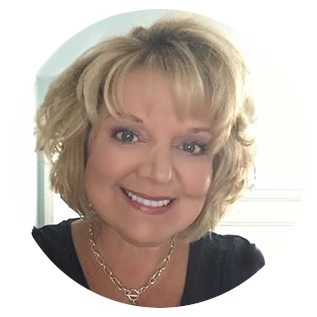
Jody Segrave-Daly, RN, IBCLC
